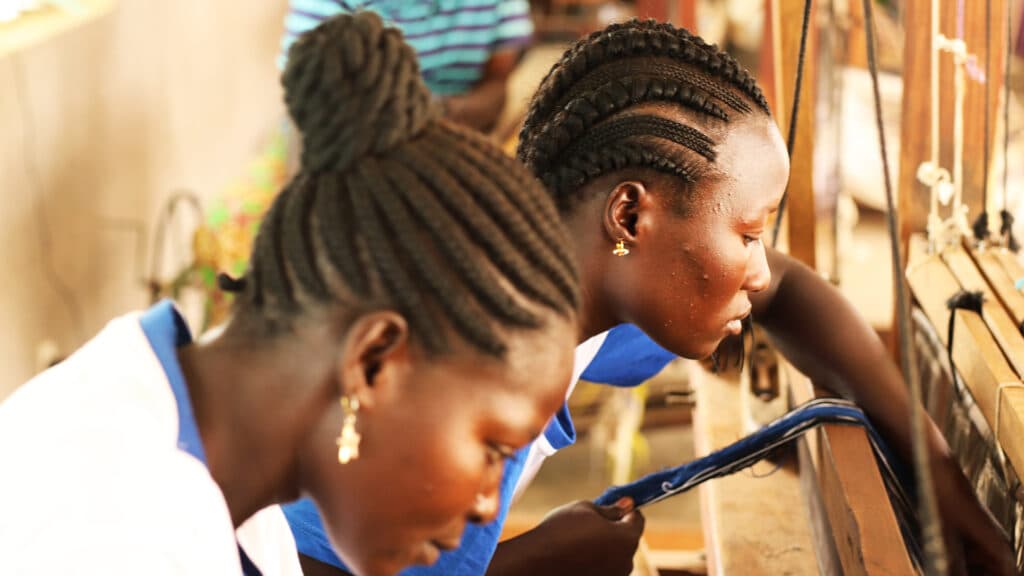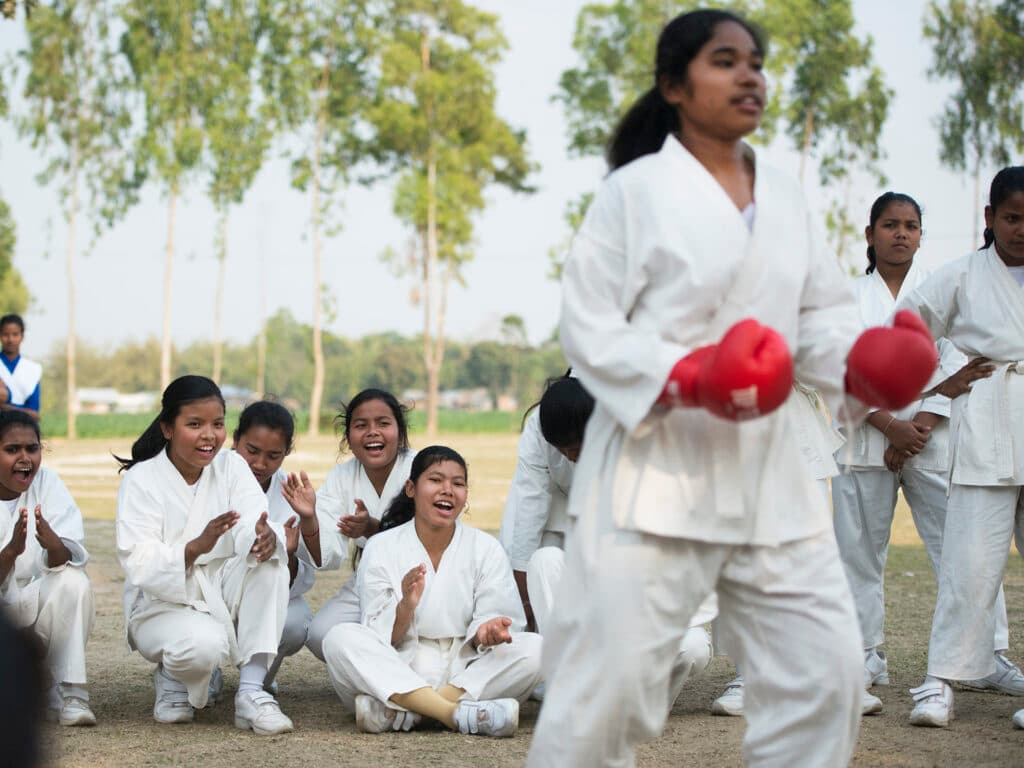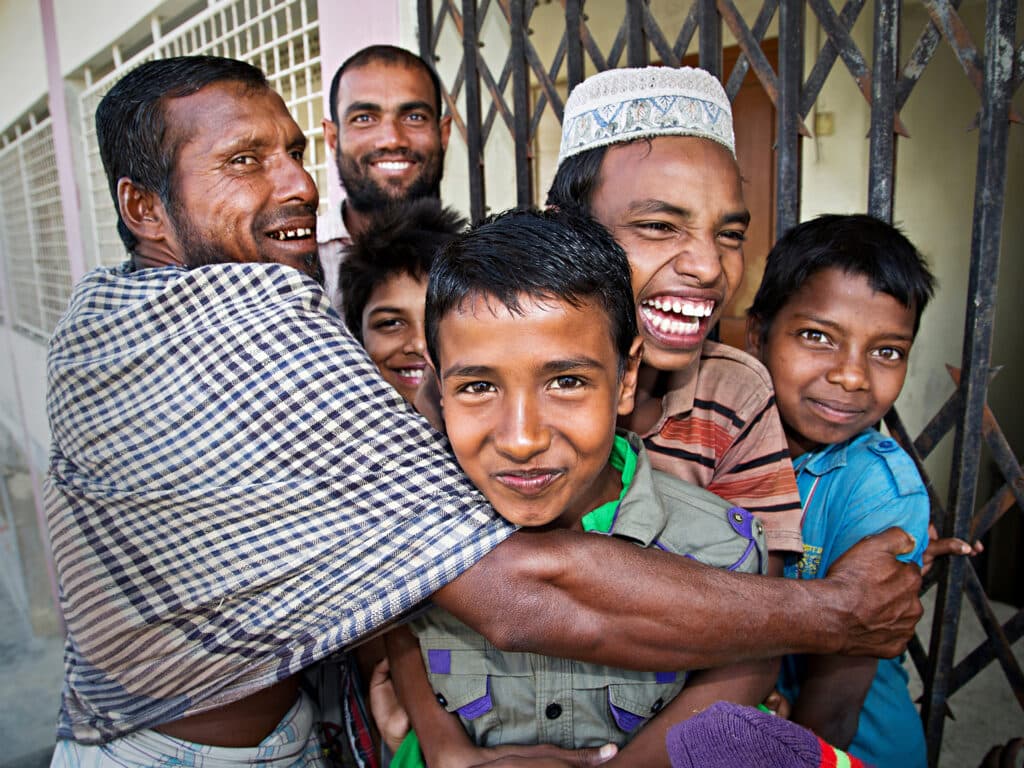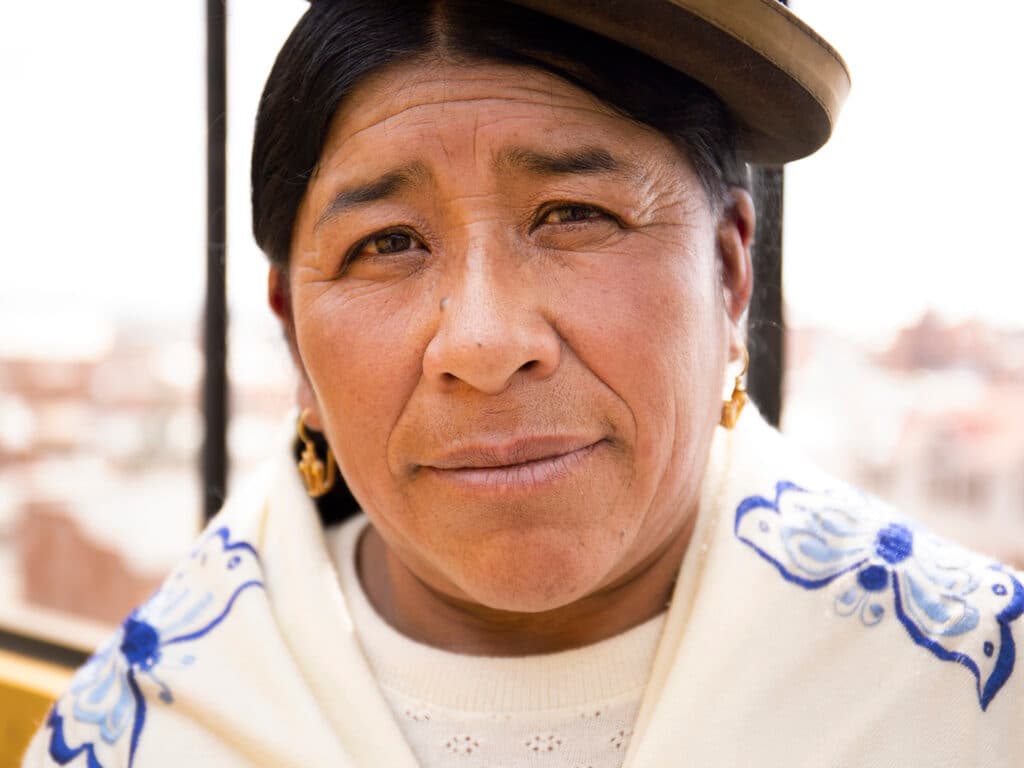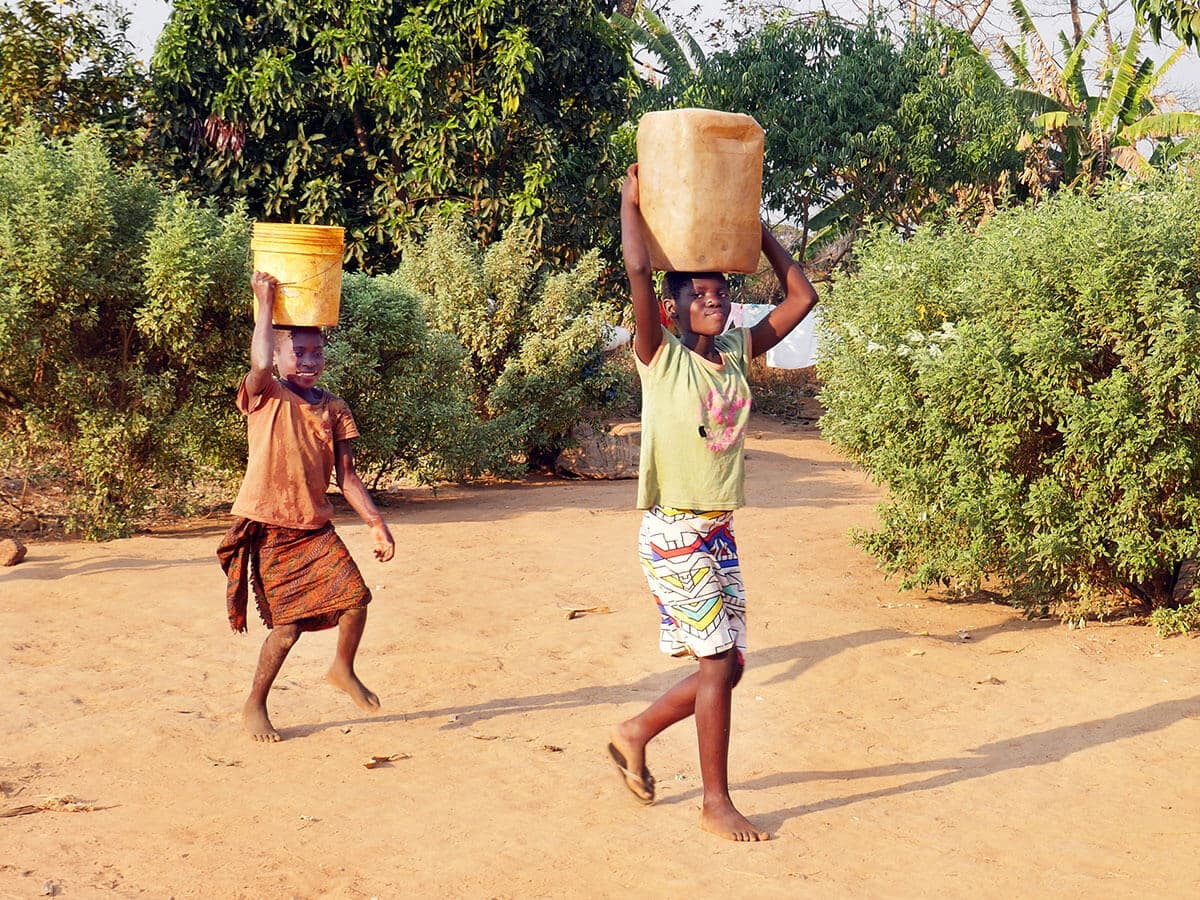
Added value
Diakonia's added value are defined by the principles of good donorship and partnership and is concretised through the different roles we play.
Accompanying partner
One of our most emphasised roles over the years is that of accompanying partner. To be a good partner in this Diakonia has always realised the need for local presence, long-term commitment and thematic knowledge.
Change takes time and through our presence we learn, both from partners and others. Today Diakonia has an effective setup with competent country offices, with mostly local staff, committed to our core values and principles, but also to the country and peoples they work with. This attitude has made us an appreciated dialogue partner, a moral as well as political supporter, flexible and quick to decision when necessary in a transparent relationship with partners.
In contexts of violence and conflict our presence has also meant protection for partners and rights holders. In the general tendency during recent years of increased demands and means of control from many back donors we have to some extent been able to cushion some of these demands rather than pass them on to the increasingly strained partners. We believe that building these kinds of close relationships with partners is the best way to prevent corruption and embezzlement.
Capacity builder and conveyor of synergies
A strong civil society is key for democracy and sustainable development. By strengthening our partner's capacity, we give valuable contribution to this development which is often overlooked by donors supporting individual projects. To be successful in the work with the rights holders, partners need a clear identity and vision, effective and democratic internal structures, thematic, methodological and administrative capacity, a developed gender and an intercultural perspective. Therefore we reserve funds for capacity development, which is in line with the principles of aid and development effectiveness, and perform trainings and coaching that builds partner's capacity.
Another important element is to compose the programmes so they take partners' capacity development into account and maximise cross-fertilisations between partners. By facilitating synergies within the program, value is added. We are also trying to identify, together with partners, potential synergies between different countries, within a region as well as between regions. With our vast network of partners and alliances we are in a unique position to bring actors together for mutual learning and inspiration.
Resource mobiliser and grant manager
Resources are mobilised through donations and grants. Our start-up capital comes from fundraising in the congregations and contributions from private donors, such as our Change Sponsors. These initial funds are then used to enable us to apply for funding from various institutional donors. Systems are in place and constantly fine-tuned to effectively manage both small donations and larger grants. We are becoming more and more experienced in building alliances and consortia to absorb even larger volumes.
Resources mobilised are further transferred to our partners to fund their important work at local, national, regional and international level. Partners report back to us and we effectively monitor the use of funds through a well-established system for project cycle management and monitoring, including field visits and the use of independent, certified auditors. Sometimes resource mobilisation also takes place in closer cooperation with local partners, e.g. when a call for proposals fits the plans and priorities of a partner and where Diakonia, as a well-established international organisation, can play a complementary a role.
Donor coordinator
We strongly believe in and adhere to the principles generated by the Paris Declaration on aid effectiveness. The debate on aid and development effectiveness has served to reinforce the fundamental values in our organisation and has inspired us to promote them in the donor community.
In practical terms it means to assure ownership by rights holders and partners in the projects, give priority to core funding and adaptation to partners systems and routines. It means to share analysis and coordinate actions towards partners, back donors, embassies, and others. It means avoiding overlapping work, even share infrastructure and staff with like-minded organizations when relevant. Donor coordination is also used to link partners to other donors and a more diversified funding.
Awareness raiser and advocacy organization in Sweden and Europe
Many challenges in developing countries are closely linked to global challenges, but also to values, life styles, policies, economies, consumption and production patterns in developed countries. Diakonia, as part of a popular movement and linked to various networks, is also a political actor in its own right on the Swedish and European arena.
By raising awareness, encouraging mobilisation and action among our constituency towards politicians and other duty bearers in Sweden and the EU, we complement the work of the rights holders and our partner organizations in the regions. This work is often done with direct links to rights holders and partners, which allows for experience sharing and joint action as well as gives them opportunities to make their voices heard in arenas they might not have had access to before. We call this rooted advocacy.
Partners cooperation with Diakonia on a policy level also strengthens their capacity for important local policy work. Diakonia plays a role as a pro-active proposal maker and watch dog towards duty bearers in Sweden and the EU.
